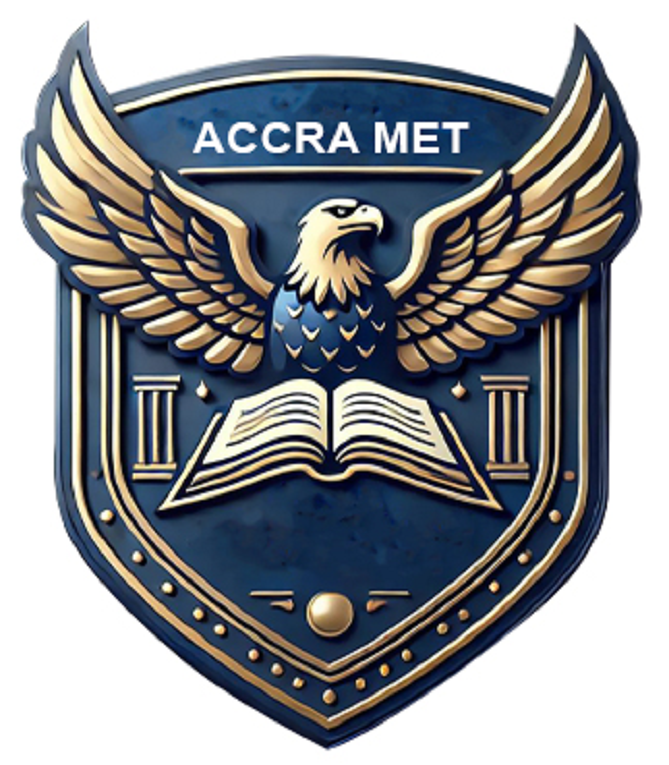Repositioning for Impact: The Journey of Accra Metropolitan University
By Ebenezer T. Hanson
“It is not the strongest of the species that survives, nor the most intelligent, but the one most responsive to change.” — Leon C. Megginson.
The insightful epigraph above, attributed to the celebrated American professor of management and business administration, Leon C. Megginson, encapsulates the focus of this write-up. It underscores the universal truth that if an entity fails to adapt to changing times, it will inevitably become irrelevant and, ultimately, fade into obscurity.
Guided by this time-tested principle, the founders of Accra Metropolitan University recognized the rapid transformations occurring in the 21st- century educational landscape, both locally and globally. Consequently, they acted strategically by redefining the University’s direction to address emerging needs and challenges. This shift meant charting a new path while drawing from the wealth of past experiences.
Indeed, it is important to highlight that this transformation has been seamless—evolving from the days of Laweh Open University College to Laweh University College, when it was affiliated with the Open University of Tanzania, and finally achieving its current status as Accra
Metropolitan University. As a fully-fledged university, it now holds the authority to independently award its degrees and certificates.
At its inception in 2014, the University’s vision was “A world-class open higher education provider founded on the principle of useful and applied learning.” Its accompanying mission was “To provide a world-class learner-centred open higher education that shall produce effective and ethical leaders who will create and deliver value to meet societal needs anytime, anywhere.” The University’s tagline, “Education without barriers,” encapsulated its commitment to accessibility and inclusivity. These three key elements—vision, mission, and motto—not only carried profound meaning but also served as a guiding force for management, faculty, and staff in delivering their respective mandates.
In 2015, the University received institutional accreditation from the then National Accreditation Board (NAB)—now the Ghana Tertiary Education Commission (GTEC)—for three years (2015–2018). By 2017, it had secured accreditation for nine programs: four undergraduate and five graduate programs. Recognizing the University’s robust systems, structures, and governance framework, NAB renewed its accreditation for an additional five years (2018–2023).
For nine years, from 2014 to 2023, the University remained steadfast in its vision, mission, and motto, which shaped its organizational culture
and climate for optimal performance. However, June 2024 marked a watershed moment in the University’s history when it received its Presidential Charter, formally presented to its leadership on December 19, 2024. This milestone officially established the institution as Accra Metropolitan University (Accra Met University). The new status necessitated a renewed focus and, more importantly, a strategic repositioning to address the evolving demands of tertiary education, shaped by both domestic and global factors.
Our revised vision emphasizes the impact of our graduates on sustainable development—an imperative for humanity’s survival. It is now articulated as follows:
“A world-class university empowering minds and shaping futures for sustainable development through flexible education and applied research.”
Similarly, we have refreshed our mission to reflect this evolving focus: “To provide a world-class higher education learning experience and research that foster leadership, integrity, flexibility, and entrepreneurship (LIFE).”
This mission is deeply rooted in our core values, which remain as relevant as ever. Furthermore, our new tagline, “Empowering Minds, Shaping Futures,” offers a forward-looking perspective on our purpose.
A holistic appreciation of these transformative changes leads to an inescapable conclusion: education must bridge theory and practice, equipping learners with practical skills and knowledge to solve real- world problems. Our ultimate goal is to ensure that our graduates are not only academically prepared but also empowered to create meaningful impacts in their professions, communities, and the world at large.

